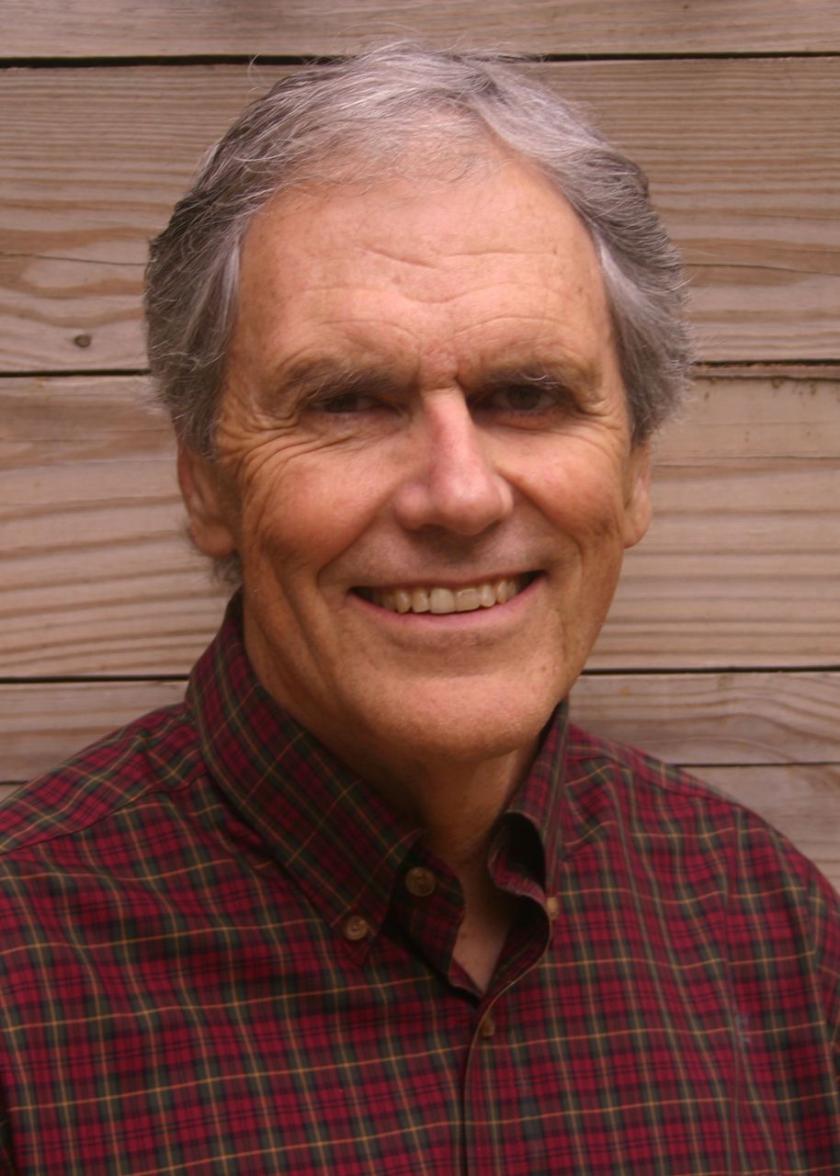Brownbag Session: Does Knowledge Still Matter?

 Professor Emeritus Bertram (Chip) Bruce will present two brownbag sessions sponsored by the iSchool and the College of Education. This session will explore the true meaning of knowledge.
Professor Emeritus Bertram (Chip) Bruce will present two brownbag sessions sponsored by the iSchool and the College of Education. This session will explore the true meaning of knowledge.
In a recent book, Why Knowledge Matters, E. D. Hirsch argues for a knowledge-intensive curriculum. Adopting a traditional stance toward learning, but one buttressed by recent cognitive science research, he sees knowledge as the key to becoming culturally literate and as the basis for learning more. In contrast, Sugata Mitra, best known for his "Hole in the Wall" experiment, is a leading proponent of minimally invasive education. He claims that children in the rural slums of India could explore complex subjects in the absence of adult supervision and create a world of self-promoted learning. Essentially, learning is what matters, and the effort to transmit knowledge is unnecessary and counter productive.
What is knowledge? What is its role in education? Is that role changing due to the "worldwide cloud" of information? Are their alternatives to these extreme positions, or is one more correct?
Professor Emeritus Bertram (Chip) Bruce had appointments in the College of Education, Bioengineering, the Center for Writing Studies, and the Center for East Asian & Pacific Studies prior to his semi-retirement in 2011. During 2007-08, he held a Fulbright Distinguished Chair at the National College of Ireland in Dublin. His research goals include contributing to a conception of democratic education, meaning both the development of critical, socially-engaged citizens and of learning environments, which are themselves democratic. This includes studies of learning technologies, inquiry-based learning, and collaborative community-based projects. It draws upon the work of pragmatists and Progressive Education movements.
This event is sponsored by iSchool and College of Education